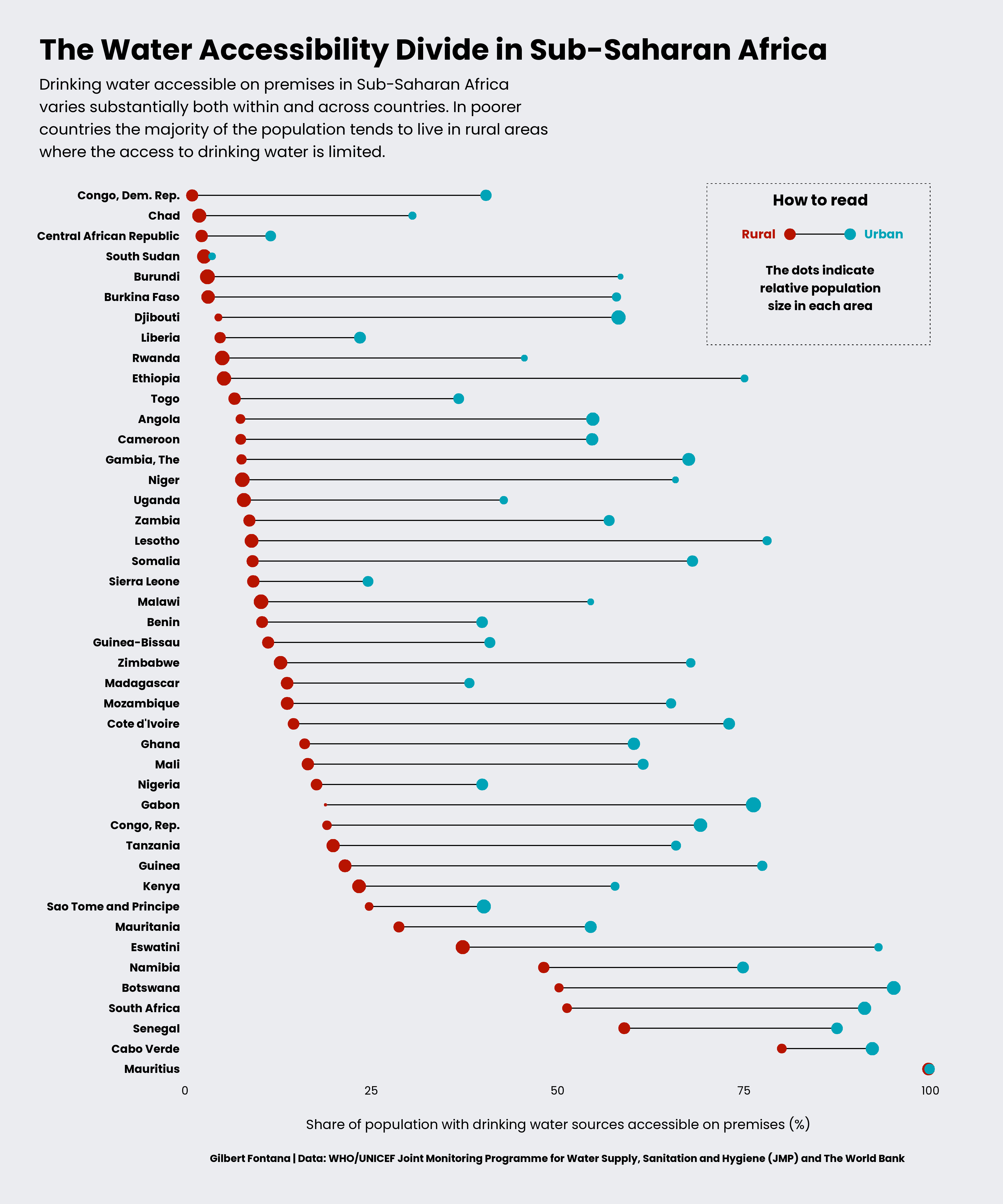Adult ADHD: 8 Subtle Signs You Might Be Overlooking

Table of Contents
We'll cover common challenges like time management difficulties, the paradoxical nature of hyperfocus and distractibility, emotional regulation issues, memory problems, sleep disturbances, relationship struggles, low self-esteem, and chronic procrastination. Let's delve into these often-missed indicators of Adult ADHD.
Difficulty with Time Management and Prioritization
One of the hallmark challenges of Adult ADHD is difficulty with time management and prioritization. This isn't simply laziness or poor planning; it's often a result of the neurological differences associated with ADHD. Time blindness—a distorted perception of time—is common. This leads to chronic lateness, even with the best intentions. Procrastination isn't just about avoiding work; it can be a way to cope with the overwhelming feeling of facing a large, complex task.
- Chronically late: Constantly missing appointments and deadlines despite setting reminders.
- Difficulty meeting deadlines: Struggling to complete projects on time, even with ample time allocated.
- Starting many projects but finishing few: Initiating numerous tasks with enthusiasm, but losing focus and failing to complete them.
- Feeling overwhelmed by simple tasks: Experiencing a sense of paralysis when faced with seemingly straightforward to-dos.
These time management challenges, coupled with organizational difficulties, are significant indicators of Adult ADHD. Understanding the nuances of ADHD time blindness is crucial for effective management strategies.
Hyperfocus and Distractibility (The Paradox)
Adults with ADHD often experience a paradoxical interplay between hyperfocus and distractibility. Hyperfocus is the ability to intensely concentrate on a specific task to the exclusion of everything else. This can be beneficial, leading to periods of remarkable productivity. However, this intense focus is often followed by periods of profound distractibility and difficulty concentrating, leaving individuals struggling to switch tasks or maintain attention on less engaging activities. This is distinctly different from typical, healthy focus.
- Intense concentration on a specific task: Becoming completely absorbed in an activity, ignoring external stimuli and neglecting other responsibilities.
- Periods of extreme difficulty focusing: Experiencing significant challenges concentrating on tasks, even those that are important or interesting.
- Difficulty switching between tasks: Struggling to transition from one activity to another, leading to delays and feelings of overwhelm.
This hyperfocus ADHD, coupled with significant attention deficit and distractibility, is a key characteristic to watch out for. Understanding the fluctuating nature of attention is vital in developing coping mechanisms.
Emotional Dysregulation and Impulsivity
ADHD is often associated with emotional dysregulation, characterized by difficulties controlling and managing emotions. Individuals may experience rapid mood swings, intense emotional outbursts, and impulsive behaviors. This can manifest in various ways:
- Quick-temperedness: Reacting angrily or aggressively to minor frustrations.
- Impulsive spending: Making rash financial decisions without considering the consequences.
- Risky behaviors: Engaging in activities that could have negative repercussions without thinking them through.
- Difficulty controlling emotional outbursts: Experiencing intense emotional episodes that are difficult to manage.
These emotional symptoms of ADHD significantly impact relationships and overall well-being. Recognizing and addressing emotional regulation is a crucial step in managing ADHD.
Problems with Working Memory and Forgetfulness
Working memory deficits are a common feature of Adult ADHD. This means difficulty holding information in mind and manipulating it to complete tasks. This impacts daily life in many ways:
- Frequently misplacing items: Losing keys, wallets, or other personal belongings frequently.
- Forgetting appointments: Missing important meetings or engagements.
- Struggling to retain information during conversations: Having difficulty following along or remembering details shared in conversations.
- Difficulty following multi-step instructions: Struggling to complete tasks that require multiple steps.
These memory lapses and short-term memory problems can contribute to feelings of frustration and inadequacy. Addressing these working memory challenges can improve daily functioning considerably.
Restless Legs Syndrome and Sleep Disturbances
Restless legs syndrome (RLS) and other sleep problems frequently co-occur with ADHD. This can create a vicious cycle of fatigue and impaired cognitive function:
- Difficulty falling asleep: Experiencing prolonged periods of insomnia.
- Staying asleep: Waking up frequently throughout the night.
- Waking up frequently: Disrupted sleep patterns leading to daytime fatigue.
- Restless legs: Experiencing uncomfortable sensations in the legs, making it difficult to relax and fall asleep.
These ADHD sleep disorders dramatically impact quality of life. Addressing sleep disturbances is a critical component of ADHD management.
Relationship Difficulties and Social Challenges
The impulsivity, emotional dysregulation, and communication challenges associated with ADHD can significantly strain relationships. This can lead to:
- Difficulty maintaining friendships: Struggling to sustain close relationships.
- Frequent arguments: Experiencing conflict and tension in relationships.
- Relationship instability: Experiencing difficulties in committed relationships.
- Problems with communication: Misunderstandings and miscommunications in conversations.
Understanding how ADHD impacts communication and social skills is vital for building and maintaining healthy relationships.
Low Self-Esteem and Feelings of Inadequacy
The constant struggle with ADHD symptoms can contribute to low self-esteem and feelings of inadequacy. This may manifest as:
- Feelings of inadequacy: A persistent sense of not measuring up to personal expectations.
- Self-criticism: Engaging in harsh self-judgment and negative self-talk.
- Frustration with oneself: Experiencing persistent disappointment in one's performance.
- Difficulty accepting imperfections: Struggling to accept mistakes and setbacks.
Addressing these negative self-perceptions is crucial for improving overall well-being and building self-compassion.
Chronic Procrastination and Avoidance
Chronic procrastination is a pervasive symptom of adult ADHD. It's not simply laziness; it's often a coping mechanism to avoid the anxiety and overwhelm associated with starting or completing tasks.
- Putting off tasks until the last minute: Consistently delaying tasks until they become urgent.
- Feeling overwhelmed by tasks: Experiencing paralyzing feelings of anxiety when faced with large or complex tasks.
- Actively avoiding difficult or unpleasant tasks: Consciously choosing to avoid tasks that are challenging or disliked.
Understanding the underlying mechanisms of procrastination is crucial for developing effective strategies to manage it.
Conclusion
Recognizing these eight subtle signs of Adult ADHD is crucial for early diagnosis and intervention. If you identify with several of these points, it's important to seek professional help. Untreated Adult ADHD can significantly impact various aspects of life. Early diagnosis and treatment can drastically improve your quality of life, leading to better time management, improved relationships, increased self-esteem, and enhanced overall well-being. Learn more about symptoms of adult ADHD and explore resources for getting help for adult ADHD by [link to resources/contact form]. Don't hesitate to take the first step towards a better understanding of yourself and potentially improving your life.

Featured Posts
-
 Tremor 2 The Truth About Kevin Bacons Involvement In The New Netflix Series
Apr 29, 2025
Tremor 2 The Truth About Kevin Bacons Involvement In The New Netflix Series
Apr 29, 2025 -
 Your Guide To Buying Capital Summertime Ball 2025 Tickets
Apr 29, 2025
Your Guide To Buying Capital Summertime Ball 2025 Tickets
Apr 29, 2025 -
 Adhd And Driving Research Based Strategies For Safer Driving
Apr 29, 2025
Adhd And Driving Research Based Strategies For Safer Driving
Apr 29, 2025 -
 Pw Cs Retreat From Sub Saharan Africa A Nine Country Case Study
Apr 29, 2025
Pw Cs Retreat From Sub Saharan Africa A Nine Country Case Study
Apr 29, 2025 -
 Kitzbuehel Feiert Mit Tgi Ag Praesentiert Zukunftsplaene
Apr 29, 2025
Kitzbuehel Feiert Mit Tgi Ag Praesentiert Zukunftsplaene
Apr 29, 2025
